The row over MPs’ outside interests has landed Boris Johnson in one of the most uncomfortable positions a prime minister can be in: he has to choose between being on the wrong side of public opinion and his own backbenchers. What makes matters worse is that his own misjudgment got him into this position. Even a ministerial loyalist admits that: ‘It’s up there with the biggest mistake.’
The government’s attempt to block the standards committee’s guilty verdict against Owen Paterson and change the rules surrounding MPs’ conduct was so brazen that it has, inevitably, created a row about second jobs for MPs. If Paterson had, as the committee recommended, been suspended for 30 days, the government could have said that the system for regulating outside interests had worked and that would have been the end of the matter. Instead, the attempt to stop the verdict has led to questions about whether it is appropriate for MPs to be earning more than their parliamentary salary from their outside interests even when they aren’t lobbying ministers.
One long-serving MP compares the situation with the 2009 MPs’ expenses scandal when second-home arrangements that had previously been reported without arousing any great interest suddenly became the subject of controversy and intense voter anger. ‘Transparency is not a defence when the mood turns,’ he warns — and it does seem to be turning.
You might think that No. 10 would be inclined to get ahead of this shift in public opinion and announce strict curbs on outside interests, but this would cause more problems. Firstly, there are reasons to think that these curbs could do more harm than good. If it becomes much harder for MPs to have outside interests, then more and more former ministers will leave parliament as soon as they leave office, taking their knowledge and experience with them. The second problem is that a significant chunk of the Tory parliamentary party would be infuriated if No. 10 introduced controls on second jobs. About a quarter of Tory MPs have outside interests. Their anger would be particularly strong given that this crisis has been sparked by Downing Street’s actions.
One of the big differences between the situation Johnson faces and David Cameron’s handling of the MPs’ expenses scandal is that Cameron was no more responsible for the scandal than any other MP. Even so, the moves he made to limit the fallout created bitterness in the Conservative parliamentary party. Many resented the summary justice that was meted out, in particular the requirement for anyone who wished to stand again as a Tory candidate to repay certain expenses that had previously been approved. However politically necessary this move was, there is little doubt it damaged Cameron’s relations with his own MPs.
What further complicates the situation for Johnson is that there are different priorities on his own backbenches. Many of the 2019 intake, particularly those sitting in former Labour seats, are not inclined to expend political capital defending the current system. They worry that arguing that MPs need to be able to make more than their £82,000 salary makes the Tories sound out of touch. (Many of the new MPs are earning more than they were before they entered the Commons.) Tory MPs with substantial outside interests are, unsurprisingly, not keen on changes to the current arrangements. One long-serving Tory MP observes: ‘We’ve now got two parliamentary parties. One which thinks that £82,000 is the basic salary and one that thinks it is all the money in the world.’ More traditional Tory MPs argue that if MPs are not allowed to do any other work, this will narrow down the number of people who want to be an MP, which will make parliament the preserve of those who are interested only in being professional politicians.
One compromise that the government hasn’t ruled out is a ban on consultancy jobs. The idea is that MPs could carry on being doctors or nurses or lawyers but they wouldn’t be allowed to be paid for providing general political advice to companies. But how would such provisions be drafted? Even those who have previously been advocates of this reform admit it would be difficult to carry out. If you allow people to be barristers, why not solicitors? Some leading law firms also do advisory work, so where would the line be drawn?
If a consultancy ban is unworkable, another option would be to limit the number of hours a week that an MP can spend on any outside interest. This, however, raises other questions. Theresa May recently earned more than £80,000 for a speech to JP Morgan Chase which took three hours of her time. Would it be reasonable to ban another MP from earning far less money for working longer hours on another job?
Another idea doing the rounds is a salary cap on outside earnings. This would dictate that no MP could earn more from outside interests than their parliamentary salary. The objection to this would simply be that it would lead to more former cabinet ministers quitting the Commons once they have left government. Those hit by this would also point out that in the 12 months before he became prime minister, Johnson earned much more from outside interests than he did from his work as MP for Uxbridge and South Ruislip. For Labour, this could be fertile territory.
Neither Labour nor the Liberal Democrats can fully capitalise on the government’s predicament because of the positions of their own leaders. Sir Keir Starmer held discussions with the law firm Mishcon de Reya in 2017 about advising its academy before rejecting the idea. Sir Ed Davey currently does work for two firms: Herbert Smith Freehills and Next Energy Capital. Yet it is the prime minister who has most to lose if the outside interests row continues to gather pace.
The backdrop to the next few years already looked difficult for the government. The Bank of England forecasts that real wages will decline for the next two years and the Covid backlogs in health and the criminal justice system will get worse before they get better. Johnson will have to weather this period with a parliamentary party that is increasingly fractious.
Got something to add? Join the discussion and comment below.
Get 10 issues for just $10
Subscribe to The Spectator Australia today for the next 10 magazine issues, plus full online access, for just $10.
You might disagree with half of it, but you’ll enjoy reading all of it. Try your first month for free, then just $2 a week for the remainder of your first year.


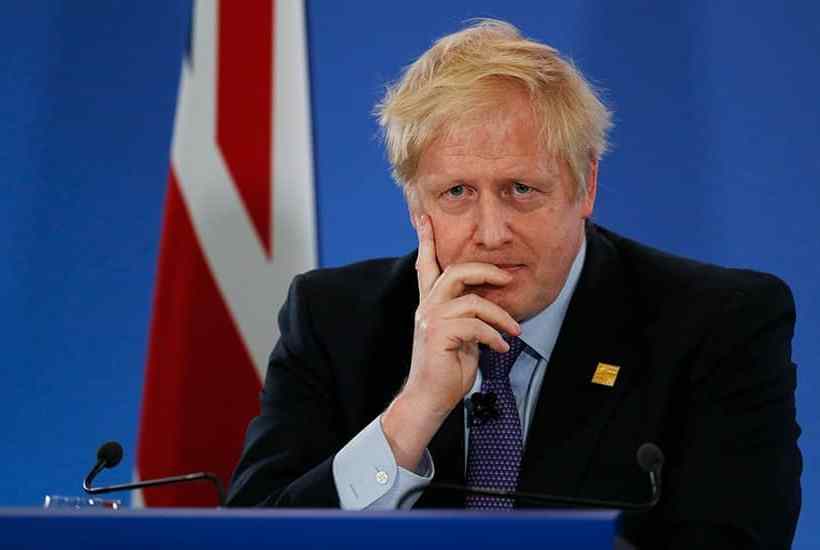

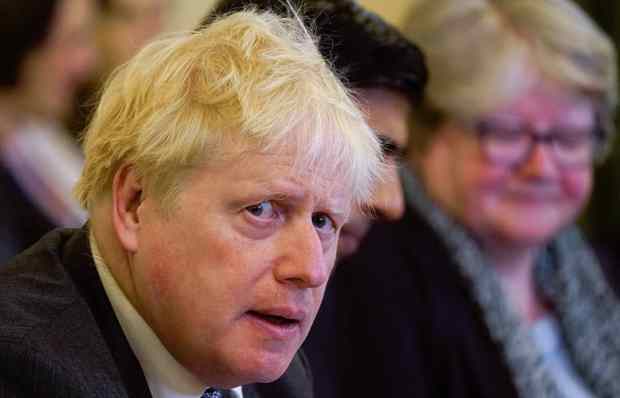
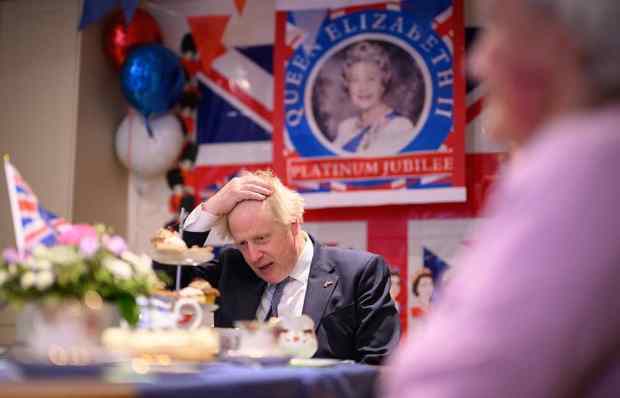
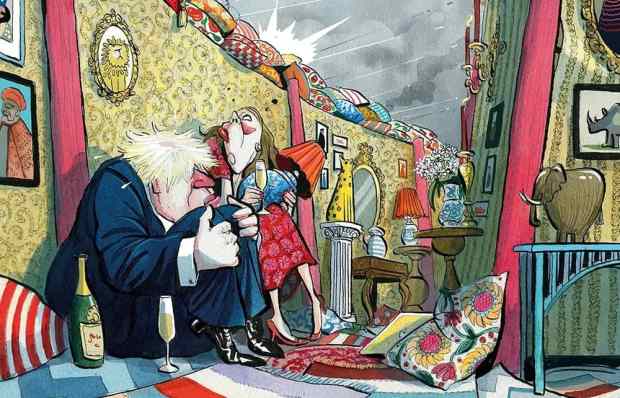

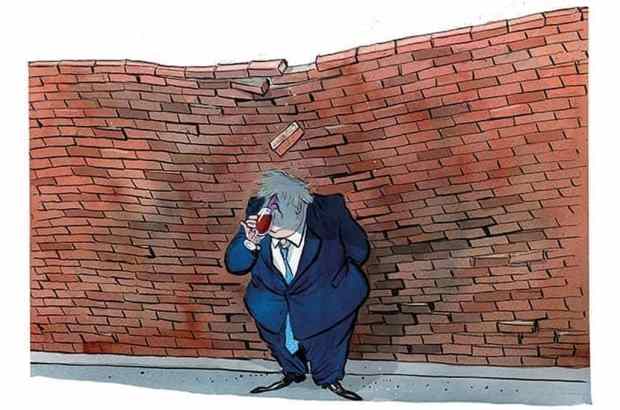






Comments
Don't miss out
Join the conversation with other Spectator Australia readers. Subscribe to leave a comment.
SUBSCRIBEAlready a subscriber? Log in